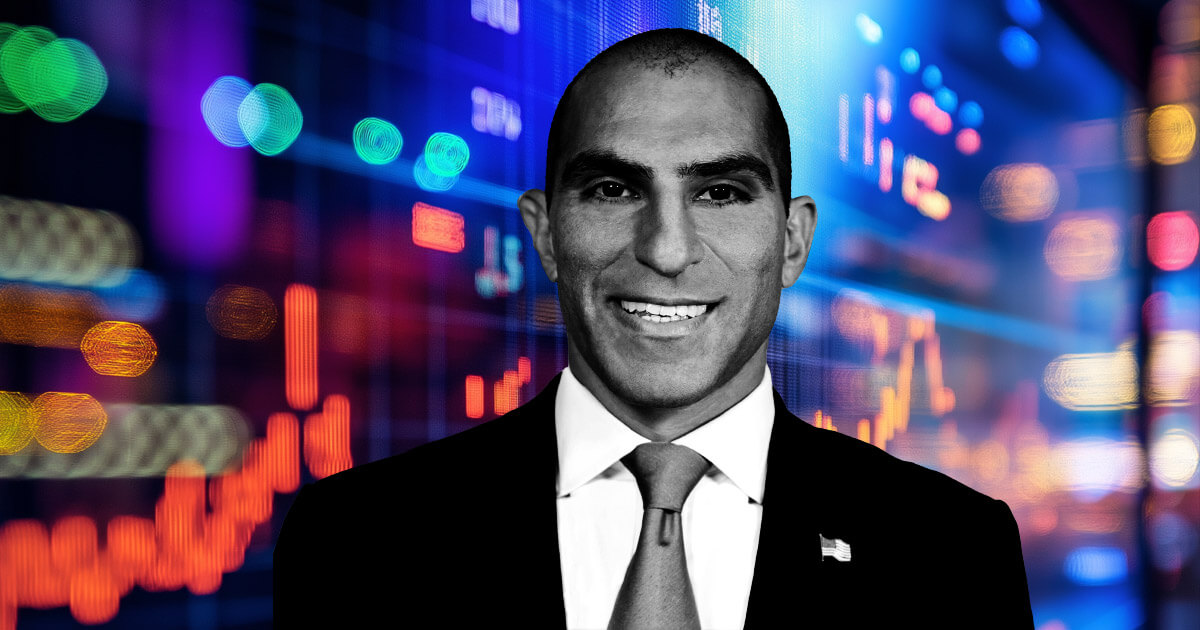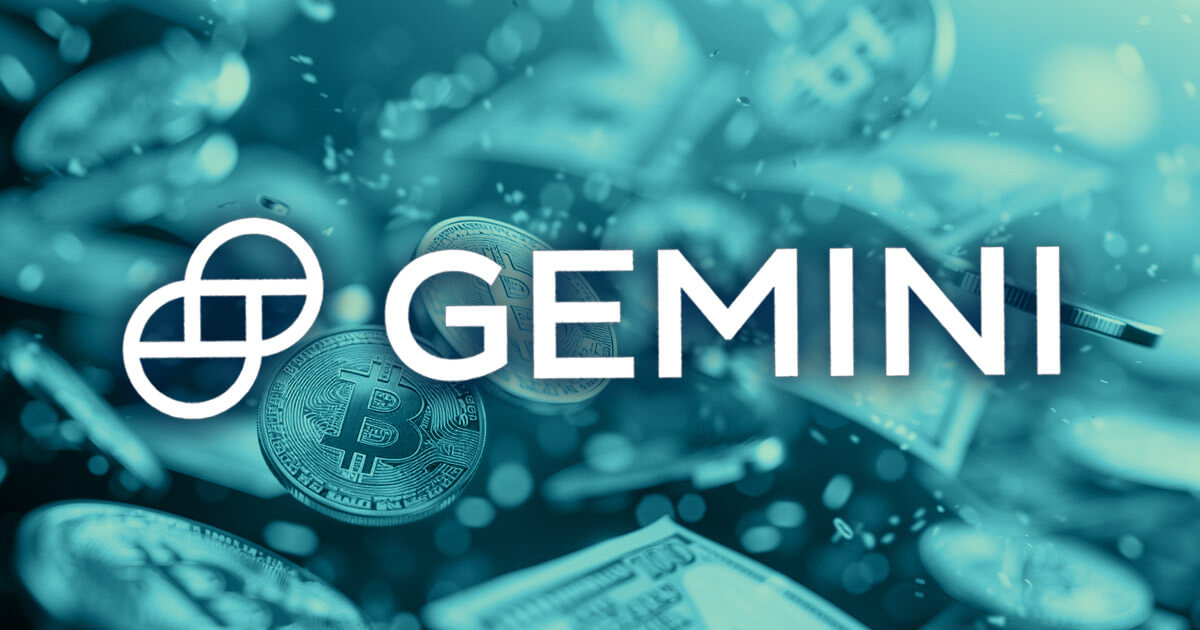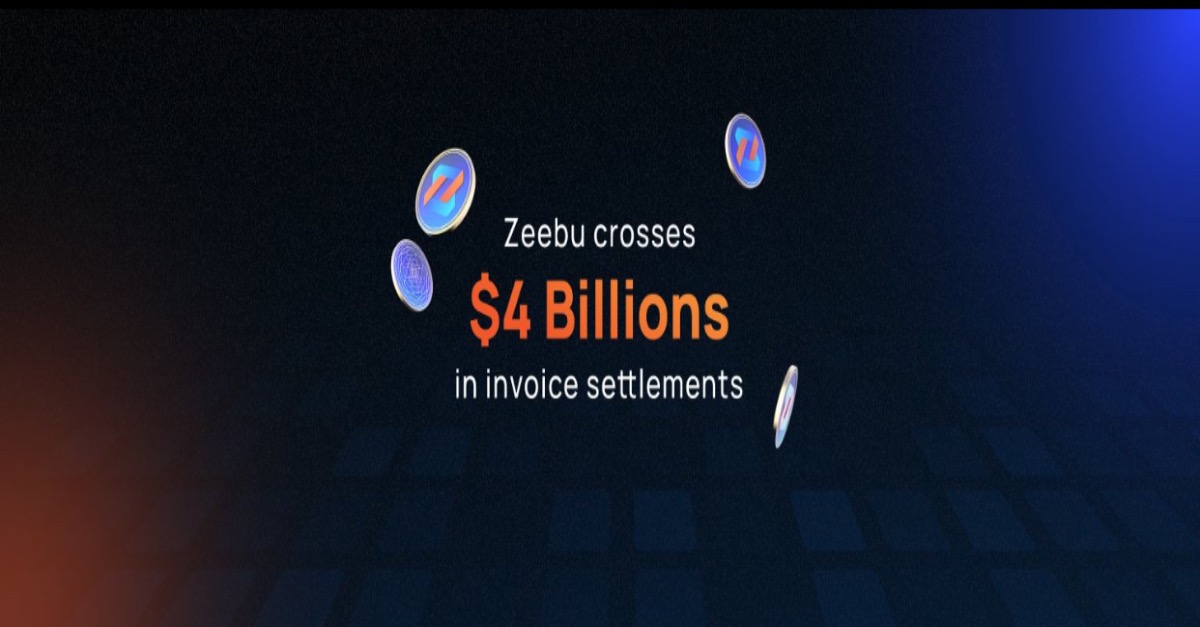| Get all the essential market news and expert opinions in one place with our daily newsletter. Receive a comprehensive recap of the day’s top stories directly to your inbox. Sign up here! |
(Kitco News) –
In Greek mythology, Prometheus is renowned as the titan who first brought fire to mortal man, which he stole from the Olympian gods. Now, Prometheum has achieved the feat that U.S. crypto firms claimed was impossible, choosing instead to work with the regulatory powers to become the first to secure approval to custody digital assets as securities.
The company announced on Tuesday that their subsidiary, Prometheum Ember Capital, “has received a first-of-its-kind approval from the Financial Industry Regulatory Authority (“FINRA”) to operate as a special purpose broker-dealer (“SPBD”) for digital asset securities.” This enables Prometheum Capital to custody digital asset securities for both retail and institutional clients in the United States with full regulatory backing.
With the approval of their SPBD status, Prometheum Capital can now serve as a qualified custodian for digital securities in all 50 states. Because they went through the process and fulfilled the federal criteria of a securities-level broker-dealer, they need not worry about whether any given token is ultimately ruled a security or a commodity, or something else altogether.
While crypto exchanges like Kraken and Coinbase receive Wells notices and engage in lengthy and expensive litigation to avoid registering, Prometheum Capital will operate under the Securities and Exchange Act (SEA) 15c3-3 Customer Protection Rule as required under federal securities laws.
“Digital asset investors in the U.S. are currently custodying cryptocurrencies that are securities through platforms that don’t offer the same SEA 15c3-3 customer protections required by the federal securities laws,” said Aaron Kaplan Co-CEO and founder of Prometheum. “These platforms’ non-compliance may pose serious risks to both retail and institutional investors.”
Kaplan said the company expects that enabling U.S. crypto investors to finally custody their digital assets with an SEC-registered broker-dealer “will provide the regulatory protections needed to re-establish investor confidence, increase institutional adoption, and allow the industry to flourish.”
In an exclusive interview with Kitco News last week, Kaplan went completely against the dominant narrative in the U.S. cryptosphere that companies are in the dark about the status of digital assets and that the onus is on the SEC to illuminate them.
“I think the SEC has really laid out frameworks for the trading and custody of digital assets and how to be compliant under the securities laws,” he said. “For a long time, the industry argued that there was a lack of regulatory clarity because none of those actual approaches really complied with the frameworks the SEC laid out. But what we’re seeing is a twofold transition, away from state licenses, and away from the existing virtual currency models, towards an ecosystem that’s regulated on the federal level and that’s compliant under the federal securities laws.”
Kaplan had no idea at the time that Prometheum was within days of securing regulatory approval, but his confidence about their chances reflected his years of experience as a Wall Street lawyer.
“We are in the process of going live, so we haven’t been able to actually trade or custody under the securities laws yet,” he said at the time. “But that’s what we anticipate being able to do in the very near future, as we have complied with those frameworks.”
He said that he believed much of the current trading and custody activity will ultimately have to migrate to ecosystems that are compliant under the federal securities laws, but that’s easier said than done.
“The difficulty with the legacy virtual currency or crypto institutions is twofold,” he said. “One, they don’t have the proper licenses to operate under the securities laws. And two, their technology is arguably obsolete because it’s not meant to process or to handle or to trade or custody crypto as securities.”
Kaplan said U.S. crypto firms that are built to operate in the legal gray area might need “a complete rebuild of the technology,” and that’s before they attempt to obtain the proper securities licenses. “I think that’s a major task, and that’s why we see such hesitancy, and such fervor in their opposition to understanding that these federal securities laws apply,” he said.
Kaplan was adamant that the overwhelming majority of digital assets, as SEC chairman Gensler has insisted, are securities, that the federal securities laws are the best framework to regulate them, and that the SEC is the best agency to enforce those regulations.
“I think that anyone who argues to the contrary has a vested interest in their own business activities, as opposed to what’s really best to protect investors and ensure free, fair and orderly markets and really ensure that customers’ assets are properly segregated and secured,” he said.
Kaplan added that the threats by Coinbase and other companies to abandon the U.S. market are empty, as they could never afford to give up the lion’s share of their revenues.
“I think it’s difficult for any company that generates the primary proportion of their business from the United States to up and leave the United States,” he said. “Hopefully there’ll be a solution, some sort of middle path forward. But if not, the companies that don’t evolve and comply with the federal securities laws will perish.”
To hear Kaplan’s views on SEC infighting, the potential impacts of the Ripple decision, and the viability of a digital dollar, watch the above video.
Disclaimer: The views expressed in this article are those of the author and may not reflect those of Kitco Metals Inc. The author has made every effort to ensure accuracy of information provided; however, neither Kitco Metals Inc. nor the author can guarantee such accuracy. This article is strictly for informational purposes only. It is not a solicitation to make any exchange in commodities, securities or other financial instruments. Kitco Metals Inc. and the author of this article do not accept culpability for losses and/ or damages arising from the use of this publication.
Credit: Source link















































